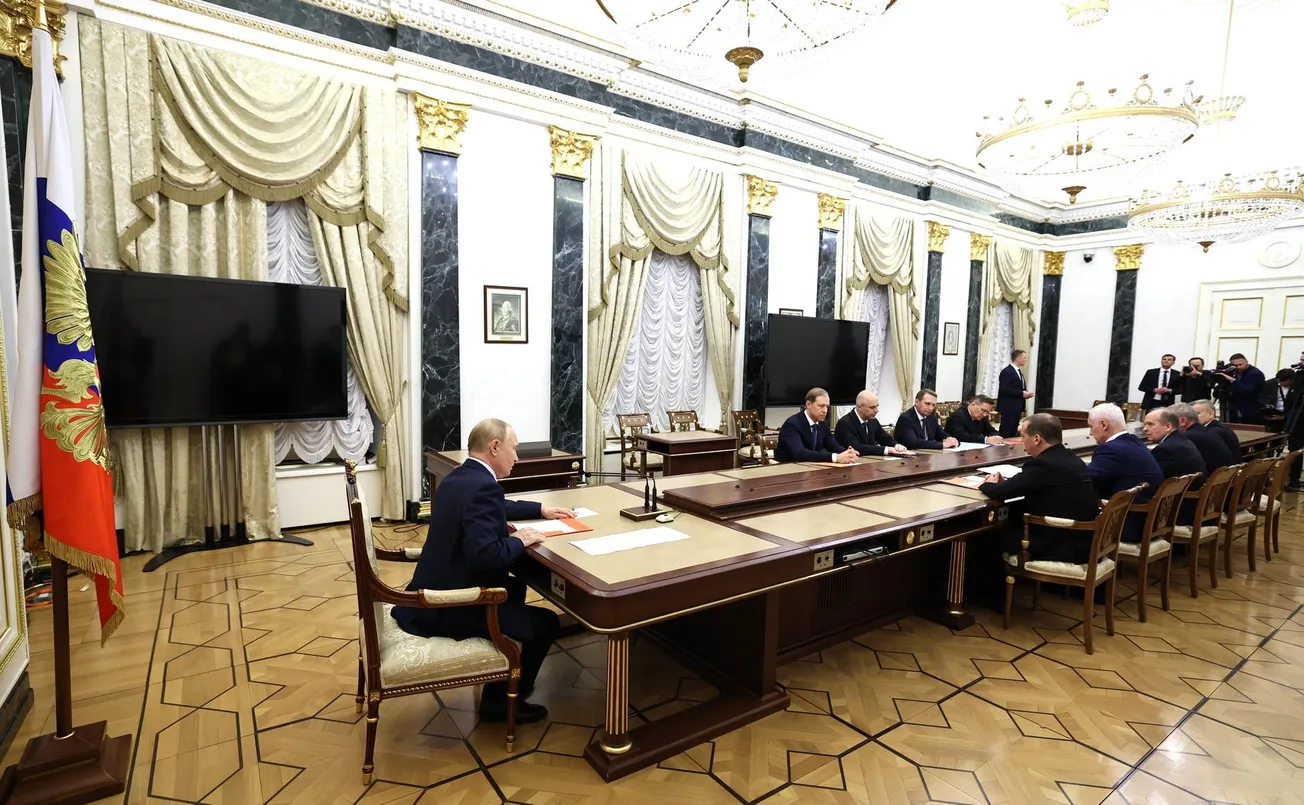When it comes to the world’s hottest of hot spots, peace cannot be created from within the region. Only a shift in global affairs can prevent the escalation of crises which will otherwise lead to the destruction of all life on Earth through thermonuclear warfare.
The potential for Israel to reach a peace with its neighbors through a series of local dialogues is nonexistent, unless the entire world changes. Israel acts as though a solution on the battlefield is possible. The U.S. and some other NATO countries have shown that they have no red lines for Israel, and Israel is correspondingly escalating … and escalating some more, with an apparent ground invasion of Lebanon in the works, under the broader goal of engaging Iran and thereby gaining further support from the “West” for reshaping the region. Israel’s actions are insane, of course, but U.S. insanity in this region isn’t out of the ordinary.
The Anglo-American elite calls for the military defeat of Russia, while hoping that President Putin’s statements about the threshold for Russia’s use of its nuclear arsenal are bluffing. A Russia-Ukraine peace, considered as a peace between those two nations, makes no sense, since it is not Ukraine with which Russia is in conflict, but NATO, which is using Ukrainian territory and troops rather than its own. NATO is at war with a thermonuclear-armed superpower.
Within an hour and a half, the use (or apparent use) of a single nuclear weapon would result in a chain reaction of rapid decisions that would kill billions of people, both immediately and in a very short period afterward, and leave much of the planet essentially uninhabitable for centuries or more.
Are the Anglo-American elite really crazy enough to risk the global destruction of life and culture? “Yes,” they would reply, “we are that crazy,” while maintaining that Putin is too sensible to end the world, and is therefore bluffing.
As Hungary pointed out at the UN, the question everyone should be asking is, “What is the fastest way to peace?” The longer it takes, the more people will die, and the greater the destruction will be. This is not the will of the Global Majority. “The friends of peace are in majority in this chamber,” said Hungary’s Foreign Minister Peter Szijjarto.
Hungary was an observer to the “friends of peace” meeting at the UN led by China and Brazil on Sept. 27, which issued a nine-point communiqué signed by Algeria, Bolivia, Brazil, China, Colombia, Egypt, Indonesia, Kazakhstan, Kenya, Mexico, South Africa, Türkiye, and Zambia. These nations call, not for a resounding military defeat of Russia (which resisted Napoleon and Hitler), but rather for “a comprehensive and lasting settlement by the parties to the conflict through inclusive diplomacy and political means based on the UN Charter.”
(Paragraph 7, which contains this text, “We call on refraining from the use or the threat of weapons of mass destruction, particularly nuclear weapons and chemical and biological weapons. All efforts must be made to prevent nuclear proliferation and avoid a nuclear war,” is being falsely presented as an attack on Russia, which a review of the entire communiqué reveals is incorrect.)
Can diplomacy succeed, is any solution possible, without changing the U.S. and NATO? Who will force the discussion of a development plan to jointly fight the desert, rather than provide weapons to fight other people in the Middle East?
U.S. candidates Diane Sare and Jose Vega are taking a leading role in changing the United States, for the good of the world.







